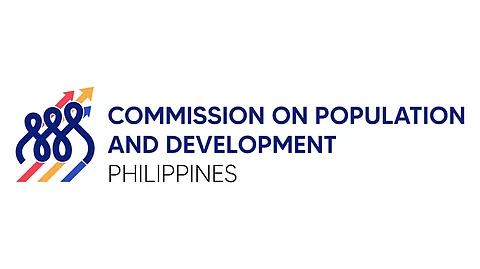
- NEWS
- the EDIT
- COMMENTARY
- BUSINESS
- LIFE
- SHOW
- ACTION
- GLOBAL GOALS
- SNAPS
- DYARYO TIRADA
- MORE

The Commission on Population and Development (CPD) has blamed the rising number of human immunodeficiency virus (HIV) cases in the Philippines on the lack of sex education among the younger population.
Recent data revealed 57 newly diagnosed HIV cases from January to March this year, a 500-percent spike in HIV cases among the youth aged 15 to 24.
The Department of Health (DoH) likewise reported a most alarming aspect — the infection of the youngest patient, a 12-year-old from Palawan.
Meanwhile, the most dominant mode of HIV transmission is sexual contact, mainly males having sex with males (MSM).
The CPD also noted the high number of adolescent pregnancies, with an alarming rise among 10 to 14-year-olds, resulting in 2,411 births in 2019 to 3,343 births in 2023.
The CPD said the HIV infections and adolescent pregnancies “are two overlapping issues that show systemic gaps in accessing reproductive health education.”
Citing the 2021 Young Adult Fertility and Sexuality Study (YAFS5), the CPD underscored that young Filipinos “still lack accurate information about sex, HIV prevention, and contraceptive use.”
Key findings in the 2022 Integrated HIV and Behavioral and Serologic Surveillance Report showed low comprehensive knowledge and dangerous misconceptions about HIV.
The report revealed that only 36 percent of MSM correctly answered all five basic HIV questions (e.g., condom use, transmission myths), and awareness drops among youth aged 15 to 17.
Over 45 percent of respondents wrongly believed that withdrawal before ejaculation reduced HIV risk. Also, only 56 percent of MSM and 64 percent of transgender women knew that HIV treatment existed.
“The well-being of our young people, on which our future depends, is at stake if these sexual and reproductive health [issues] are not addressed,” CPD Executive Director Lisa Grace S. Bersales said.
“We call on educators, institutions, local governments, especially parents and families, and other stakeholders to join us in this critical effort. Investing and ensuring that every youth is protected and their potentials are developed is the key to a progressive family, community, and eventually our country,” Bersales said.
The CPD, through the Philippine Population and Development Plan of Action and the Comprehensive Action Plan for the Prevention of Adolescent Pregnancy, emphasized the need for a stronger, broader approach that includes intensified, age-appropriate, developmentally and culturally sensitive reproductive health education.
Breaking the cycle of HIV transmission and unplanned pregnancies also needs the strengthening of the policy environment to include the enactment of the proposed national policy on Adolescent Pregnancy Prevention and intensified implementation of the Philippine HIV and AIDS Policy Act (Republic Act 11166), Bersales said.
There is also a need to build the capacity of parents to educate their children about sexual and reproductive health, according to the CPD official.
As part of its strategy to advance adolescent health and development, the CPD continues to strengthen the capacity of institutions to help young people address emerging sexual and reproductive health issues.
To support this effort, the CPD is working closely with local governments to promote adolescent health programs such as Parent-Teen Talk, I Choose #MalayaAkongMaging and ProtectTEEN — a social protection initiative for adolescent mothers and their children.
